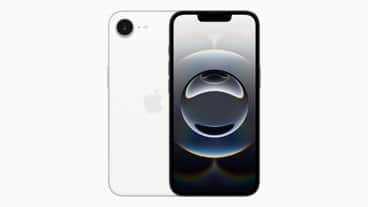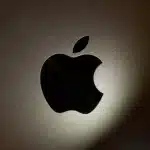A recent Consumer Intelligence Research Partners report finds that 67% of iPhone buyers replaced their phones due to damage or performance loss in the year ending March 2025. Specifically, 40% upgraded because of slow performance, battery issues, or cracked screens. Another 27% cited stolen, lost, or fully nonfunctional devices .
Limited Impact from New Features
By contrast, only 13% of buyers pointed to improved cameras, displays, or faster chips as their upgrade reason. Fewer than 10% upgraded to switch carriers, leverage promotions, or pass phones to family members. These figures suggest that flashy features—like Apple Intelligence tools—have little sway over upgrade cycles .

Market Maturity and Upgrade Cycles
Before the COVID-19 pandemic, iPhone users held onto devices for about three years. Then trade-in offers and carrier subsidies briefly shortened that cycle, with 36% upgrading within two years by late 2024, up from 31% in 2023. However, the trend reversed as hardware longevity and economic caution took hold, returning upgrade timelines to longer intervals .
Role of Promotions and Financing
Promotional deals and financing plans can nudge some users to replace phones early. Yet, these incentives remain secondary to urgent hardware failures. Therefore, Apple’s promotional strategy must balance compelling offers with the reality that many users wait until their phones break .
Implications for Apple Intelligence
Apple Intelligence, unveiled at WWDC 2025, embeds AI into core apps like Mail and Notes. Although these tools may boost platform appeal, they alone won’t drive mass upgrades. Instead, AI features will likely serve as value-add benefits for those already planning to buy a new device











